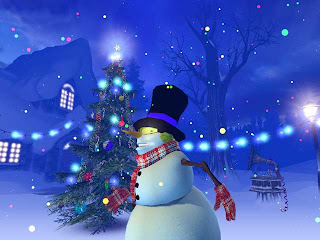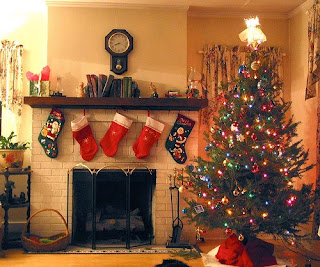Diwali
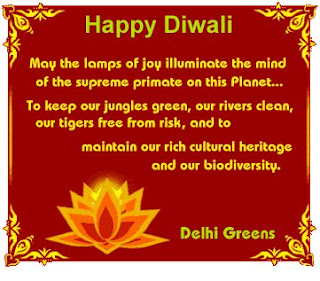



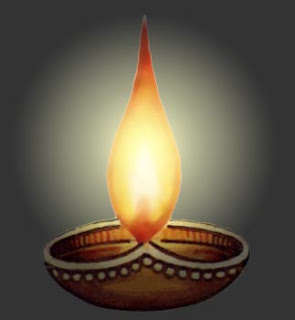
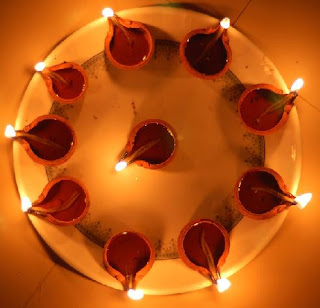
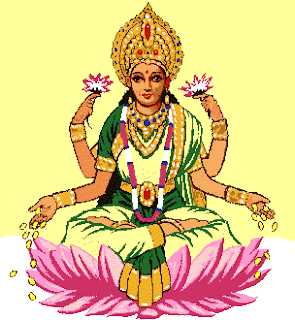




Diwali ( Deepawali) is a major Hindu holiday.It is festival in Hinduism, Sikhism, Buddhism, and Jainism. Many legends are associated with Diwali. Today it is celebrated by Hindus, Jains, and Sikhs across the globe as the Festival of Lights where people light small clay pots filled with coconut oil. It is signs victory of good over the evil within an individual.
The five day Diwali festival occurs during October and/or November on the Gregorian calendar. On the Hindu calendar it is centered on the new moon day that ends the month of Asvina and begins the month of Kartika, begining on the 13th day of the dark half of Asvina (Asvina 28th) and ending on the 2nd day of the bright half of Kartika (Kartika 2nd). The main day of celebration varies regionally.
In Hinduism, across many parts of India and Nepal, it is the homecoming of Lord Rama of Ayodhya, after a 14-year exile in the forest and his victory over the evil demon-king Ravana.In the legend, the people of Ayodhya (the capital of his kingdom) welcomed Rama by lighting rows (avali) of lamps (deepa), thus its name: Deepavali. Over time, this word transformed into Diwali in Hindi and Dipawali in Nepali, but still retained its original form in South and East Indian Languages.






